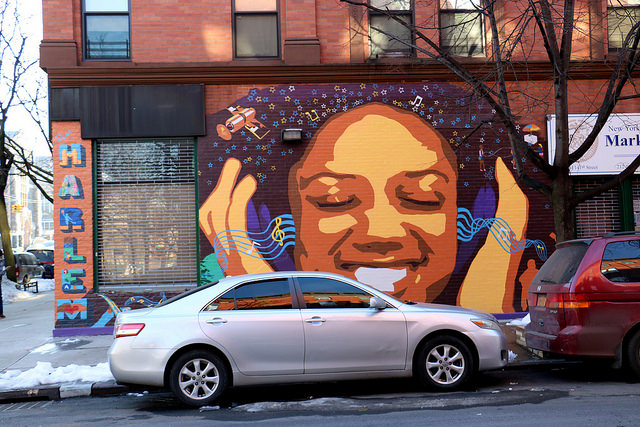Matt Mitchell is a data journalist with an impressive resume: CNN, AOL, The New York Times. But during his time in newsrooms, he often found himself filling a role beyond storyteller or engineer.
“I would overhear people talking: ‘What’s the best way to protect this information, or a source?’” Mitchell recalls.
Too often, he’d also overhear troubling responses in the form of ineffective and poor advice. So Mitchell would intervene, lending his digital security expertise. The audience would quickly swell.
“That conversation usually led to another reporter stopping by and taking notes, and then another,” Mitchell says. “And soon we had a circle. I thought: Wow. This is a big need.”
In 2012 — shortly after the shooting death of unarmed black teenager Trayvon Martin in Florida — Mitchell felt compelled to widen his audience. “I thought: there’s something I can do in my community, Harlem, to help residents understand the issues of surveillance and criminal justice.”
Soon after, Mitchell launched CryptoHarlem: a monthly, three-hour open workshop held at The Harlem Business Alliance on Malcolm X Boulevard in northern Manhattan.
CryptoHarlem provides the community with free advice and assistance related to online privacy and security. Mitchell was partially inspired by CryptoParty, a series of global events that educate the general public about cryptography.

“It’s kind of like a surveillance clinic,” Mitchell says, likening its format to the city’s mobile dental clinics, which bring dental care to underserved neighborhoods. “[Instead], you bring your laptop and your phone and curiosity, and we answer your questions.”
Each CryptoHarlem session sees around 50 guests, Mitchell says, including seniors, mothers and students. Mitchell’s classes often start with privacy and security basics: “We cover Tor browsing and its benefits,” Mitchell explains.
“We cover a lot of mobile questions,” he continues, noting many community members rely on smartphones, not laptops or tablets, to access the Web. And so Mitchell teaches off-the-record messaging, encrypted email and other mobile security measures.
Teaching privacy in Harlem takes on a certain urgency, says Mitchell, because minority populations in New York City are often targets of mass surveillance: microphones, security cameras and stingray devices dot street corners; SkyWatch towers are a common sight and flood lights run throughout the night.
In the past, Mitchell has taught privacy and security to groups who view surveillance as an abstract concept, or question the need for encryption tools. “Those are questions I never get at CryptoHarlem,” Mitchell says. “It’s more like, ‘Hey I can’t buy a bag of potato chips without looking suspicious’.”
Recently, Mitchell introduced a woman in her 70s to the encrypted messaging app Signal. “She said, ‘this is going to be hard to use’,” Mitchell recounts. But after a brief installation and walkthrough, she was quickly converted.
“She was sending text messages and making encrypted voice calls in 10 minutes,” Mitchell says.
When his neighbors grasp encryption they feel empowered. “To have something that allows you to be expressive and not feel threatened or scared — people are really excited about that,” Mitchell says.